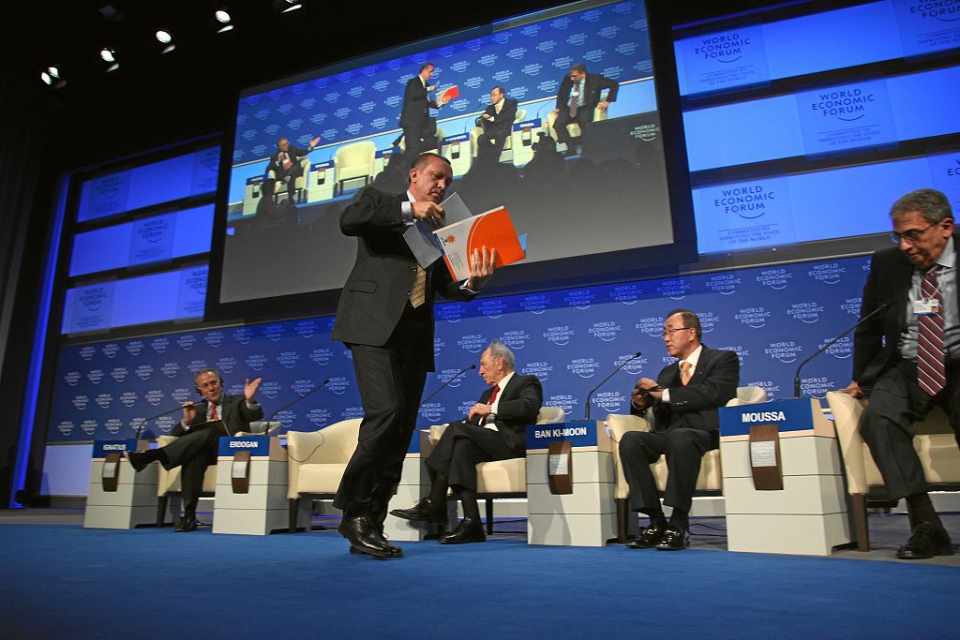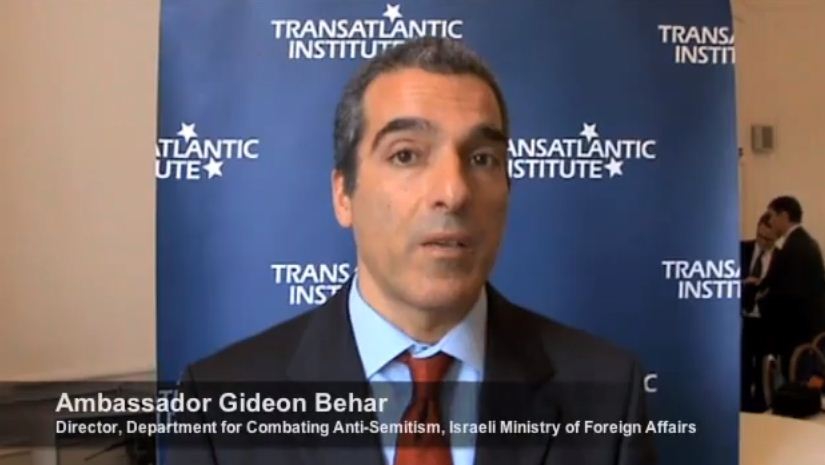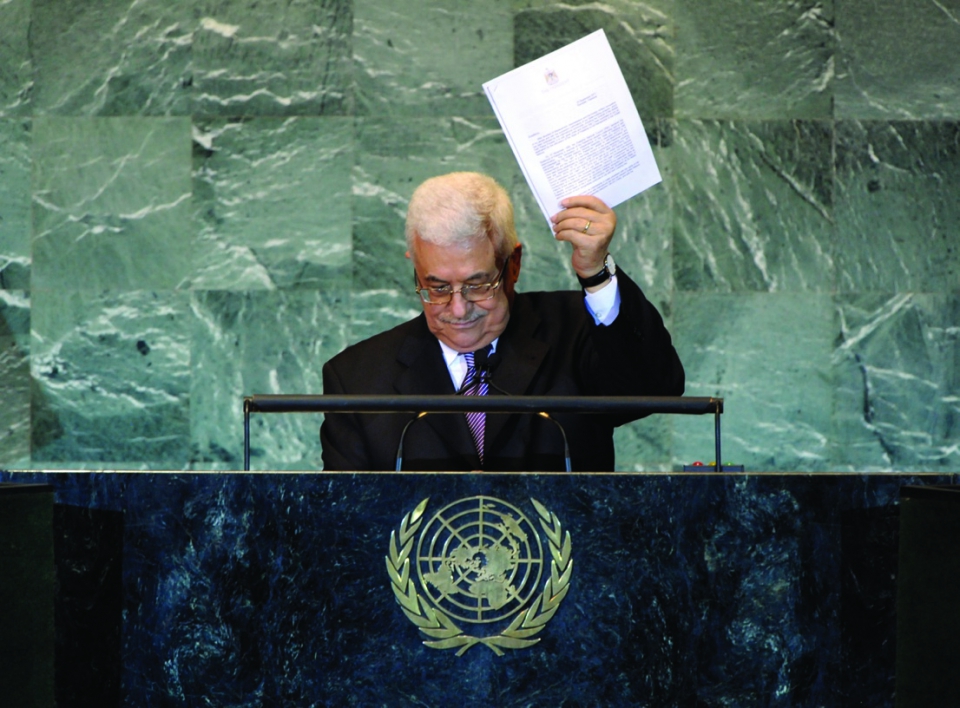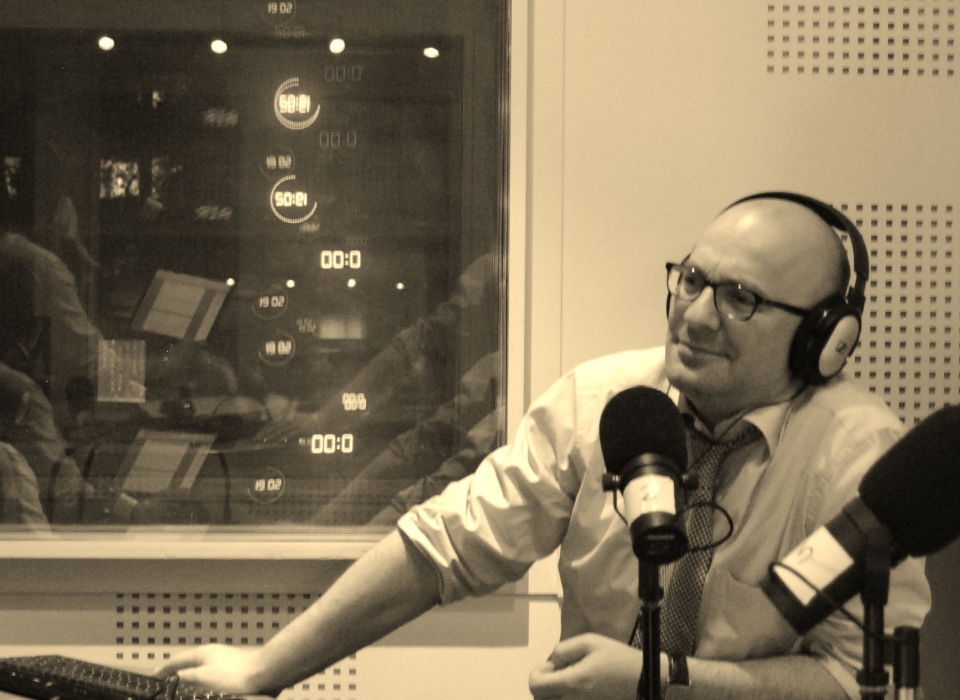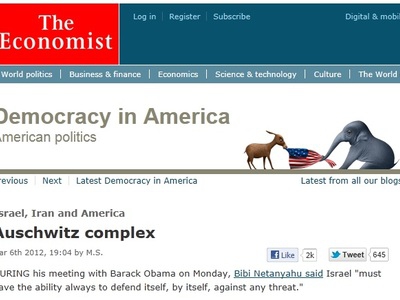Analysis
Biden’s Middle East Visit: An Alternative View
Biden’s Middle East Visit: An Alternative View
July 25, 2022
Marc Sievers
President Biden recently made his first visit to the Middle East as president. It included two days in Israel, along with separate meetings with Palestinians in East Jerusalem and Bethlehem and two days in Saudi Arabia.
The Saudi Arabia leg was politically controversial in the US primarily because of the murder of Saudi journalist Jamal Khashoggi in 2018 as well as criticism of the Saudi role in the war in Yemen. Not surprisingly, much of the American media coverage of the trip, especially the Saudi portion, was critical. I would like to suggest an alternative, more positive view.
The president’s visit to Israel was a welcome opportunity to show support for a beleaguered ally, but it broke little new ground. Israelis welcomed Biden’s public declarations of solidarity with Israel and appreciation for its accomplishments. The Jerusalem Declaration, while appreciated by Israelis, was largely a repackaging of existing American commitments and on the issue of how to handle the threat posed by Iran’s nuclear programme, there was no meeting of minds between Biden and Israeli Prime Minister Lapid.
Biden declined to set a time limit for ending the stalled nuclear negotiations with Iran and insisted on continuing to pursue the diplomatic track, while Lapid stressed the need for a credible threat of force if Iran continues to accelerate its march toward a nuclear weapons capability. Yet Biden’s visible displays of affection and reaffirmation of his long-standing sympathy for Israel struck a positive chord among Israelis across the political spectrum.
Even opposition leader Binyamin Netanyahu, with whom Biden often sparred when he was President Obama’s vice-president and Netanyahu was prime minister, appeared to have had a friendly meeting with Biden despite their differences over Iran and the Palestinians. And while Palestinian Authority President Mahmoud Abbas must have been pleased to accomplish his desire to resume his direct dialogue with a US president, Abbas reportedly was disappointed by Biden’s frank declaration that he did not intend to launch a new attempt to establish a Palestinian state under current circumstances.
Moving on to Jeddah, Biden faced the challenge of how to rebuild the US-Saudi relationship, damaged in part by Biden’s declaration when he ran for president in 2020 election campaign that he would treat the Saudis as “pariahs” due to their human rights record. Once president, Biden quickly ceased US military cooperation with the Saudi-led Arab Coalition fighting the Iranian-backed Houthis in Yemen, withdrew defensive Patriot missile batteries deployed to protect Saudi cities and airfields from Houthi and even Iranian-launched drones and ballistic missiles and reversed the Trump administration’s designation of the Houthis as a terrorist organisation.
The president also declared he would only deal with King Salman and not Crown Prince Mohammed bin Salman (MbS), even though the King is in poor health and the Crown Prince is Saudi Arabia’s de facto ruler. Finally, he ordered the public release of a CIA assessment that concluded MbS ordered Khashoggi’s murder.
Yet, international politics do not stand still and changing circumstances can compel substantial changes to policy. Russia’ invasion of Ukraine and subsequent Western efforts to restrict Russia’s sales of oil, along with the lack of progress toward a return to a nuclear agreement with Iran and therefore continued sanctions on Iranian oil, led to higher petrol prices. Growing doubts on the part of traditional Gulf allies about the reliability of the US as a security partner increased following the chaotic withdrawal from Afghanistan and created new opportunities for Russia and China to pose as alternatives to America while Iran doubled down on enrichment of uranium. To his credit, Biden concluded he needed to rebuild a partnership with the Saudis.
Much of the media criticism of Biden’s visit to Jeddah focused on his initial meeting with MbS. But I believe much of the criticism has missed the point. Yes, the decision to go for a fist bump instead of a handshake struck both Americans and Saudis as silly and arguments about how directly the president accused the crown prince of responsibility for Khashoggi’s murder may remain a matter of perception. However, the essential point is Biden took a relationship that was broken to the point that the crown prince last spring reportedly refused to take the president’s phone call, and now made a serious effort to put it back in working order.
Time will tell if the visit was a success. The Saudis largely got what they wanted in terms of Biden ending their “pariah” status; for them the meeting itself was a big part of the message. It is less clear the US got what it wanted. Oil markets remain tight and the Saudis still appear committed to working with Russia in the OPEC+ format.
Israeli expectations for significant progress toward normalisation with Saudi Arabia turned out to have been too high and probably too vocal for Saudi tastes. But new areas of cooperation are at least implied by such decisions as the opening of Saudi airspace to Israeli planes and the agreed-upon transfer to Saudi control of the Red Sea islands of Tiran and Sanafir.
Perhaps most importantly, Biden declared clearly and concisely that the US does not intend to leave a Middle East vacuum to be filled by Russia, China and Iran. That statement should go a long way toward restoring American credibility, even though many of our traditional friends are still waiting for a clear US position on a Plan B when the Iran nuclear negotiations are finally declared dead.
